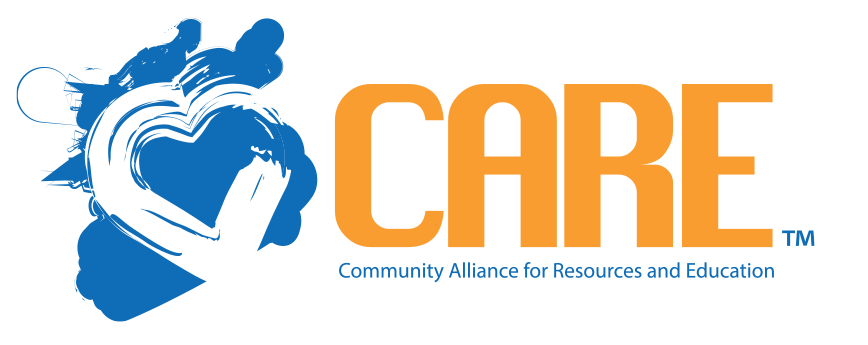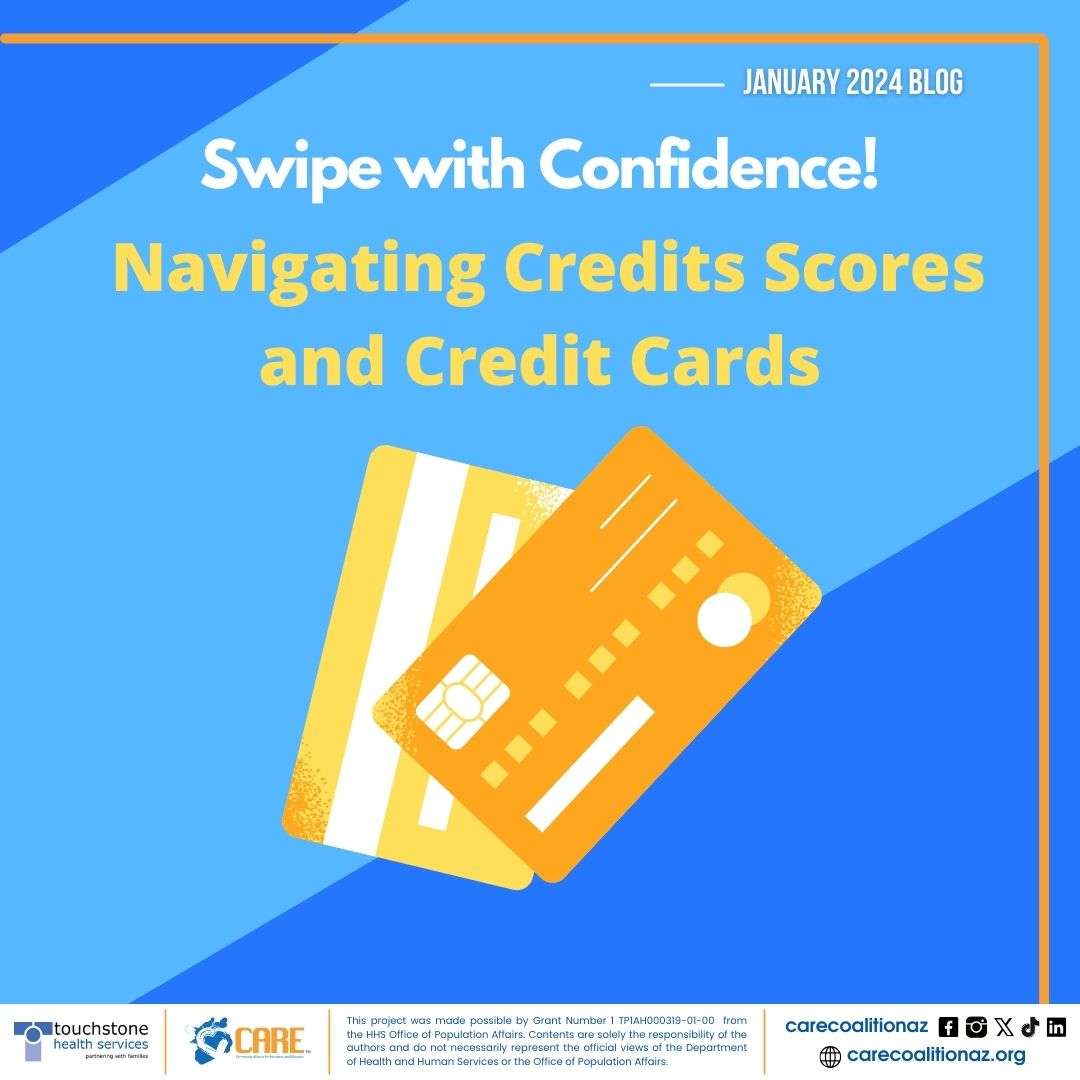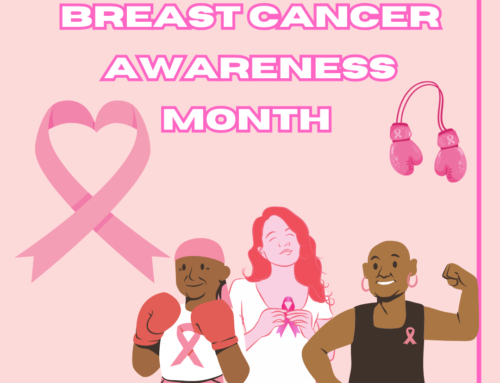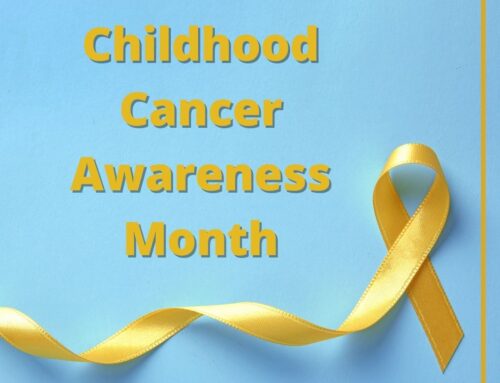Navigating Credit Scores and Credit Cards
Greeting readers!
Happy 2024! While we are beginning a new year, we are still working hard to help meet the same goal: improve youth health and well-being in our communities. There are many ways you can do that this year along with us. Here’s how:
Click https://carecoalitionaz.org/events/ to register for upcoming events and explore our CARE website. We hope you join us for our upcoming events this year!
January is Financial Wellness Month, and it’s a great opportunity to prioritize your financial well-being. However, you can use these skills all year round. Financial wellness means equipping yourself with the knowledge and education to make financial decisions that will help lead you to a more successful life. Understanding credit scores and credit cards is a big part of finance and money management.
So, what is credit?
Credit is the ability to borrow money with the understanding that you’ll pay it back later. The two types of credit that are most common are:
Why is credit needed?
What are credit scores?
A credit score is a tool used to predict your credit behavior. Credit scores reflect a person’s creditworthiness and how likely they are to repay their debts on time.
A credit score is comprised of:
What are credit cards?
Credit cards are a type of credit provided by banks or credit unions that allows individuals to borrow funds within an approved credit limit (the maximum amount you can borrow). The lender determines credit limits, which will differ depending on your credit score and gross annual income. Every time you pay for something with a credit card, you borrow money from the card issuer to cover that purchase. You must then pay that money back in full at the end of the month or over time.
To get a credit card, you must apply for it through a bank or credit union. You must be 18 years old to apply with proof of income, or an individual can get a co-signer. A co-signer with good credit and income can guarantee they will pay your credit card balance if you stop making payments.
Credit cards are a huge responsibility but not something to fear. As long as you use them wisely, they can benefit your financial journey.
Here’s how YOU can be a Prevention Partner:






